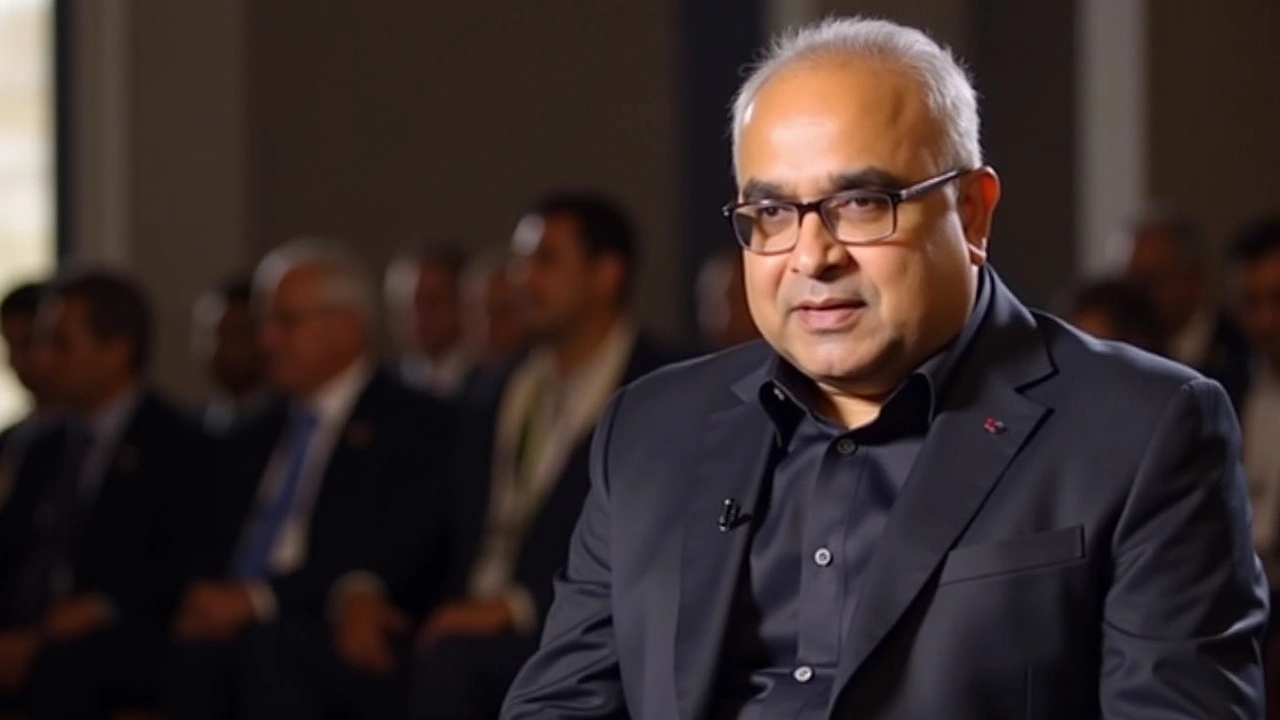Introduction to the Allegations
The world of international business was shaken when Gautam Adani, one of India's most prominent billionaires, was indicted by U.S. prosecutors on multiple charges including securities fraud and conspiracy to commit wire fraud. The epicenter of these charges is a purported $250 million bribery scheme which allegedly aimed at securing solar energy contracts from the Indian government. The allegations are substantial and paint a picture of widespread deceit and manipulation of both financial records and governmental processes.
The case takes a particularly dark tone with implications that Adani, along with his co-defendants, fabricated records and employed deceitful tactics to coax several billions in investments from unsuspecting Wall Street investors. The suspicion hinges on the direct engagement strategy that was reportedly employed, involving top officials from various Indian administrative bodies. The evidence gathered by the prosecutors includes a plethora of electronic communications, meticulously kept spreadsheets documenting the bribe amounts, and several photographic captures of sensitive documents related to the scheme.
The Role of Adani Green Energy
Adani Green Energy Ltd., one of the key players in the story, alongside another unnamed firm, secured a 12-gigawatt solar power contract with the Indian government. This project was projected to yield a staggering $2 billion in post-tax profits over a span of twenty years. The prosecution holds that Adani and his team misled investors by falsely claiming their adherence to a strict anti-bribery policy, all the while their upper management purportedly engaged in unscrupulous activities to secure contracts illicitly. Consequently, the U.S. Securities and Exchange Commission (SEC) joined the fray, adding an extra layer of litigation through civil charges. The SEC contends that Adani Green Energy coaxed $175 million from U.S. investors, perpetuating the myth of their integrity and ethical business practices.
Unraveling the Conspiracy
As the investigation deepens, several names have emerged, linking a nouveau riche power circle with the alleged corruption. Ranjit Gupta, erstwhile CEO of Azure Power Global Limited, joins a list of co-accused including Cyril Cabanes, Saurabh Agarwal, and Deepak Malhotra, former employees tied to a Canadian institutional investor. These figures have been charged with conspiracy under the Foreign Corrupt Practices Act, further widening the scope of the investigation. The storyline reveals dark corridors of dishonesty that allegedly stretched beyond India, embodying a network of players seemingly united by greed and deception.
The Impact on Adani Enterprises
The aftermath of the indictment was sudden and severe, causing a massive upheaval in Adani Group's market stance. As the unsealed documents came to light, an alarming drop in the conglomerate's valuation followed. In numbers, this translated to an estimated loss of $27 billion in market value, a red flag signaling severe investor disenchantment and concern. The fallout prompted Adani Green Energy to cancel a planned $600 million bond sale, reflecting their need to adopt preemptive financial strategies to mitigate further backlash.
Adani's Response
The allegations and subsequent indictment have been met with staunch denial from the Adani Group. In official statements, the organization decries the claims as unsubstantiated and insists on the robustness of their operations within lawful confines. The company assures stakeholders of pursuing every possible legal recourse to refute the charges and restore their operational integrity. However, the legal battle promises to be protracted, involving intricate cross-border legal nuances and the complex tapestry of international corporate governance.

Conclusion
At the heart of this unfolding drama in the corporate world lies the critical issue of trust and ethics in business. As the saga continues to unravel, it highlights the importance of transparency and accountability in corporate dealings, especially in the global arena. How this high-profile case resolves will potentially have significant ramifications not only for Gautam Adani and his business empire but for the broader scope of international business ethics and governance. Stakeholders, both local and international, will be watching closely to see how the legal proceedings pan out and which strategies are employed to navigate this storm.



